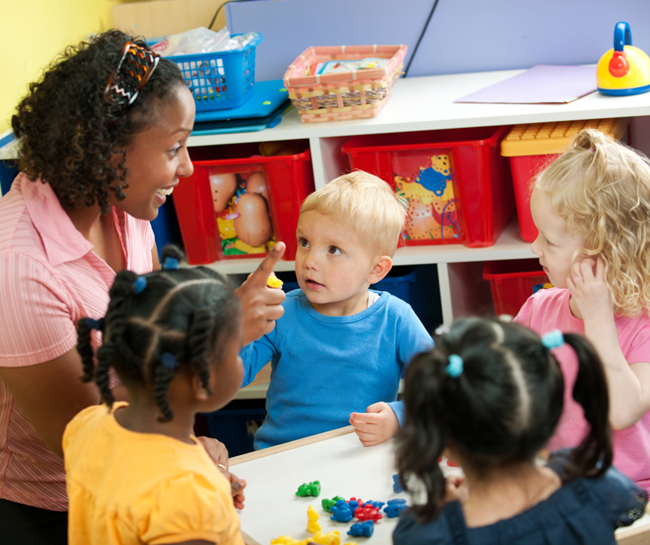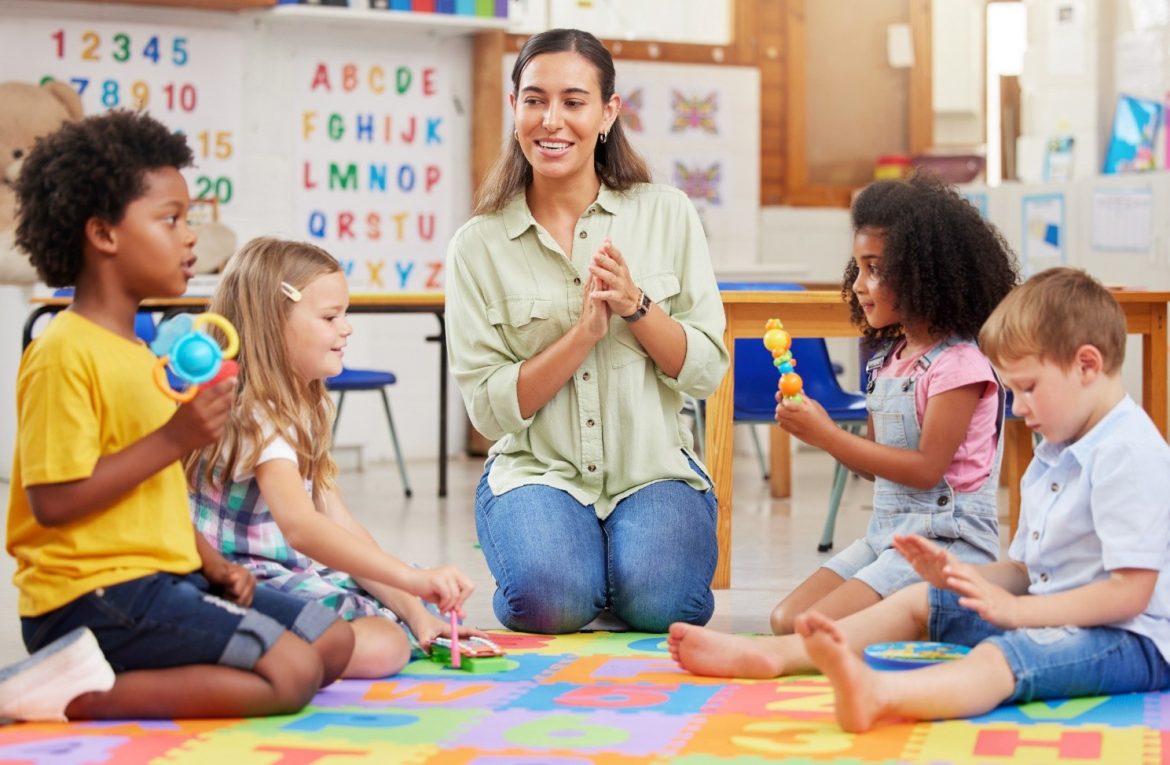Human development starts strongly in early childhood. Children from birth to age five are developing the social, emotional and thinking abilities that affect their future success. There are many aspects that help people grow properly and socialization is one of the main ones. Children pick up the skills to communicate, understand others’ feelings, cooperate and connect with their peers and caregivers. Daycare provides a good setting for social learning to happen.
These centers are usually seen only as places to keep children supervised, but they have an important effect on children’s growth. They give children the chance to interact and communicate with others which they may not do often if they do not live with siblings or regularly see other kids at home. Experiences such as these are very beneficial and continue to help in the long run. Follow this page for more.
Helping Children Develop Their Social Abilities

The arrangement of daycare areas supports activities done together by children. Kids learn some basic social skills such as sharing toys, saying how they feel, sharing the stage and settling disagreements. Being in these situations allows children to improve in areas like being patient, cooperative and understanding compromise.
Even though family provides the first social model, dealing with others outside the family is different. In daycare, children meet people with different personalities, ways of behaving and methods of communication. Reacting correctly to people in social situations comes from experience practicing with others. Follow this link www.wonder-years.ca to understand more about the benefits of daycare.
Improving Language Skills
Making friends at daycare also helps with learning a language. Children can improve their language and communication skills by taking part in group discussions, listening to stories, and following their caretakers’ directions. Children who go to group care tend to improve their language skills faster. This is mostly because they hear more conversations during the day.
Language learning is boosted in a well-run daycare by songs, games, stories, and planned activities that let kids express themselves. These places with lots of language are especially good for kids who grow up in bilingual homes or who are learning English as a second language. Discover more here https://www.smh.com.au/national/what-the-evidence-says-about-whether-we-should-send-kids-to-childcare-20240924-p5kcyz.html.
Promoting Emotional Control
Young children don’t naturally know how to handle their feelings. They slowly learn it by watching others and being shown directly. This kind of learning can happen in a safe and supportive place like a daycare. Kids can get help naming their feelings, calming down when they’re angry, and understanding how their behavior affects others when skilled adults are around.
At daycare, caregivers are available to help both the kid and others around them when a toddler acts out, such as by grabbing a toy or throwing a tantrum. Kids start to absorb these lessons over time, which helps them control their emotions and be stronger. Learn more on this link.
Fostering Independence and Confidence
Daycare is often the first time that kids spend a lot of time away from their parents. This time apart helps kids learn to be independent. They learn to trust others and depend on themselves, which makes them more self-confident and able to change.
Being in a group with clear rules that everyone must follow also makes you feel responsible. Little ones start to understand routines, do what they’re told, and do small jobs like putting on their shoes or cleaning up after playtime. These little wins give you a sense of pride and competence.
Setting the Stage for Kindergarten
Most of the time, kids who go to daycare have an easier time going to school. They already know how things work in a school, how people interact with each other, and how routines work. This early contact can help them feel less anxious and get used to school more quickly.
Kids who have been to daycare are more socially comfortable with their peers and people in charge. They often find it easier to make friends and learn proper classroom behavior, which can be good for their mental and emotional health.
Working on Diversity Awareness and Inclusion
Many daycares have children attending from a range of cultural backgrounds. Learning about many cultures, languages and ways of life helps children become more accepting and understanding. If children play and bond with individuals who have differences, they’re more likely to not develop biases in their future.
Because of this kind of socialization, empathy, curiosity and respect develop in children which are important today.

